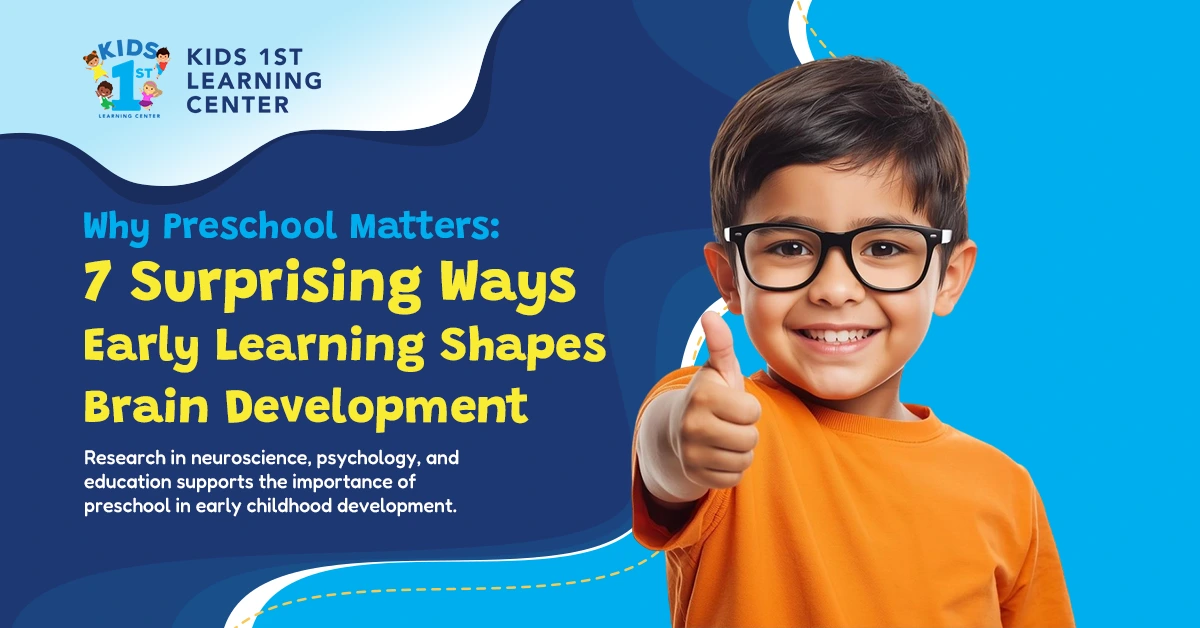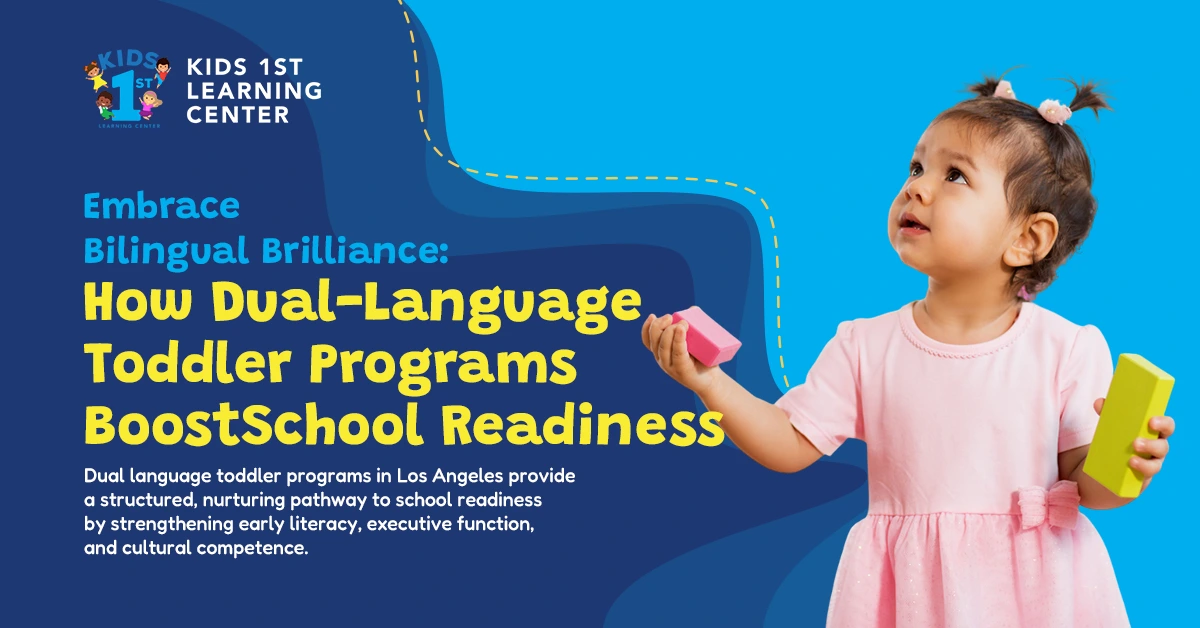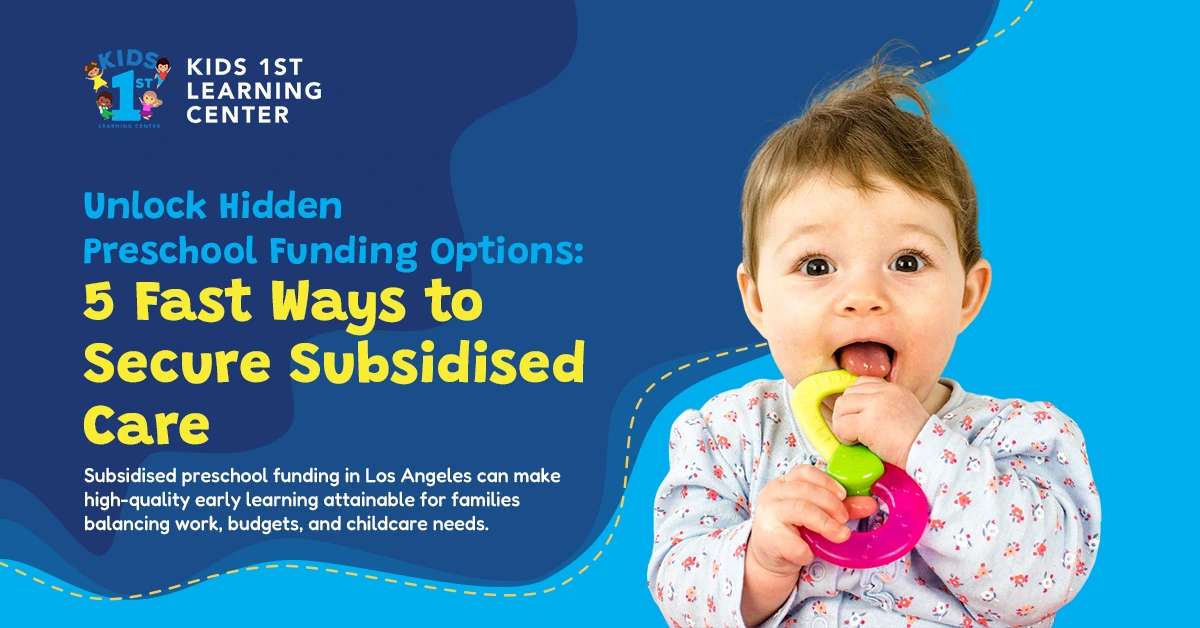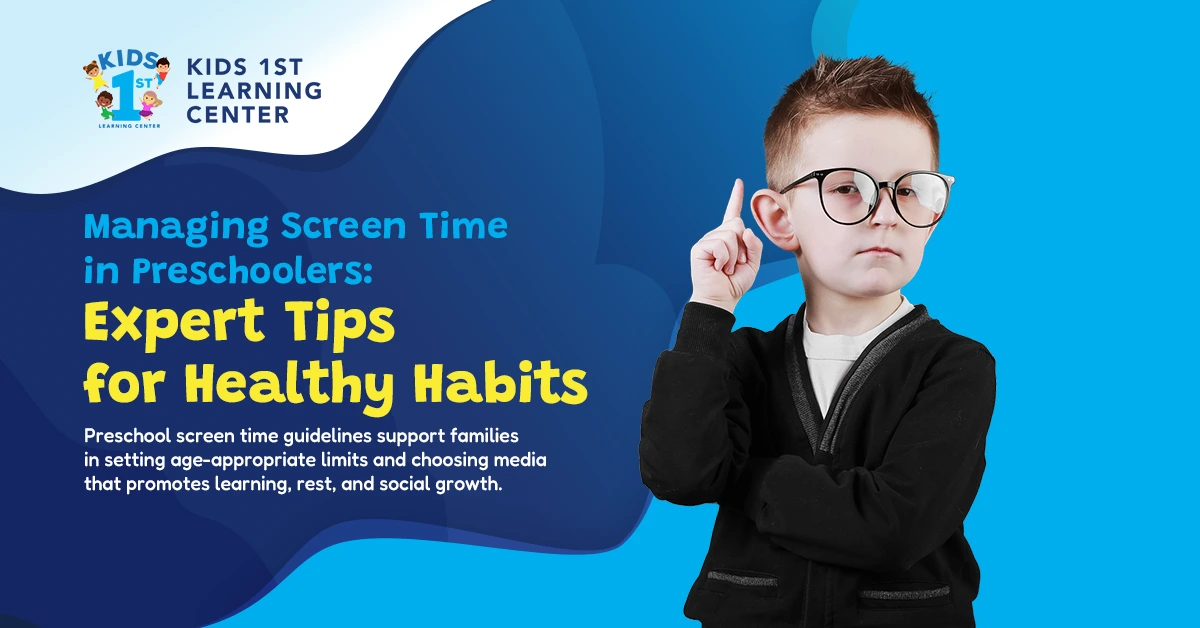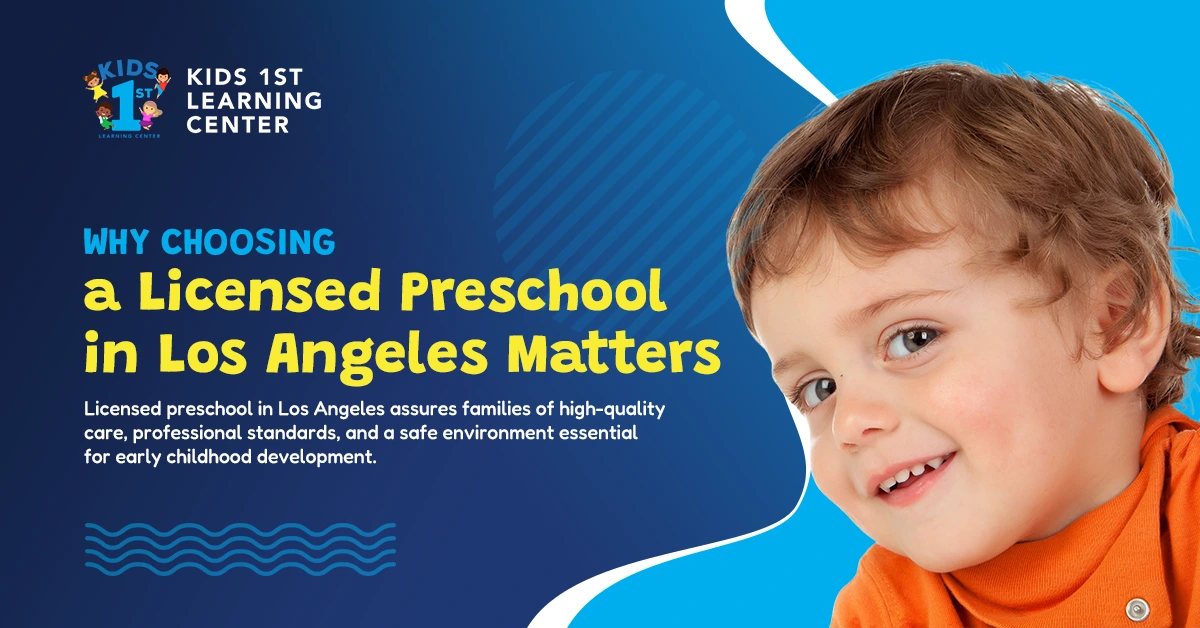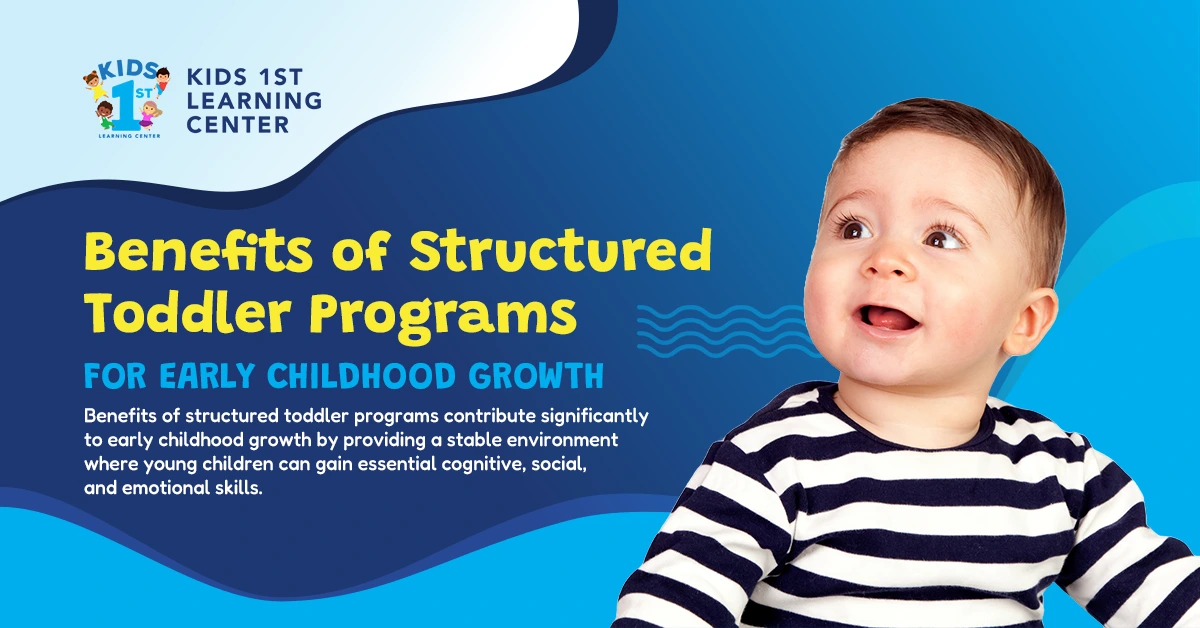
Benefits of structured toddler programs contribute significantly to early childhood growth by providing a stable environment where young children can gain essential cognitive, social, and emotional skills. These programs are designed to offer purposeful activities that support age-appropriate learning, fostering curiosity and positive behavior patterns. Through consistent routines and guided interactions, toddlers gain a sense of security, which is crucial for their overall development.
Additionally, structured settings encourage language development, problem-solving abilities, and social confidence. Families seeking comprehensive early education can rely on structured programs to nurture their child’s growth and lay a strong foundation for academic success and personal well-being.
Toddler Program Advantages: Building Essential Skills
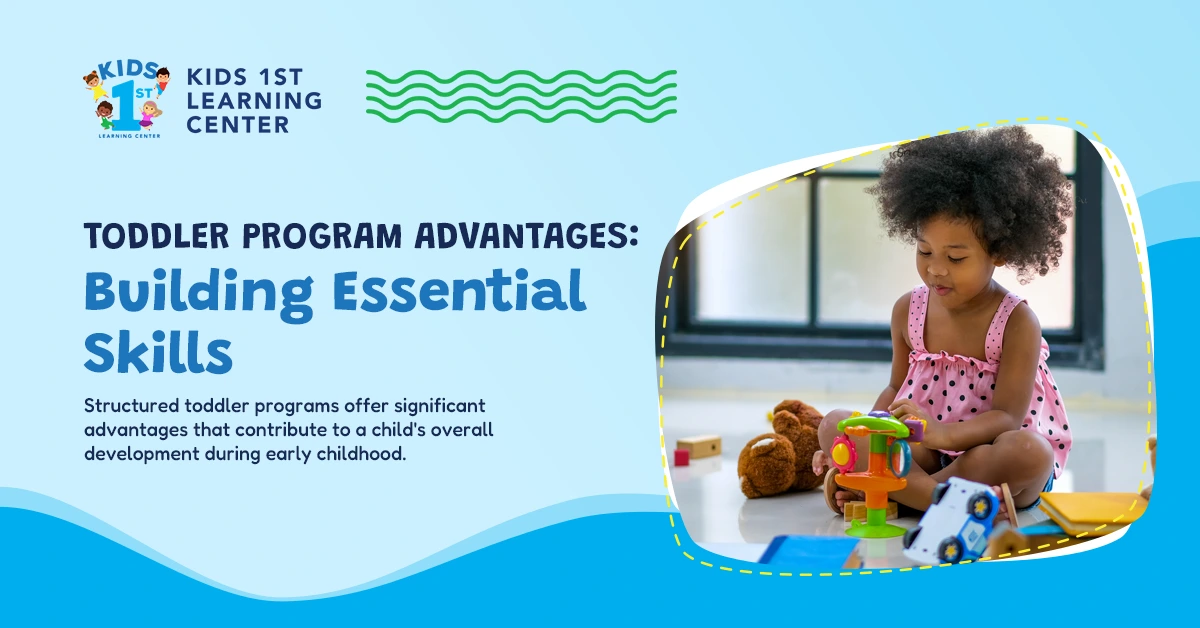
Structured toddler programs offer significant advantages that contribute to a child’s overall development during early childhood. These programs are intentionally designed to nurture essential skills through organized activities and supportive guidance, ensuring children are prepared for future learning and social experiences.
Cognitive Skill Development Through Planned Activities
A primary advantage of structured toddler programs is promoting cognitive growth through carefully planned activities. These experiences encourage curiosity and build early thinking skills essential for academic success. Children benefit by:
- Learning fundamental concepts such as colors, shapes, numbers, and letters
- Improving memory retention through repetition and engaging tasks
- Developing logical thinking and problem-solving abilities through puzzles and games
- Gaining exposure to new ideas and experiences in a safe environment
- Enhancing focus and attention span through structured tasks and routines
Language and Communication Growth
Language development is critical in structured toddler programs, supporting understanding and expression. Exposure to varied language experiences helps prepare children for reading and academic engagement. Structured programs promote:
- Expanding vocabulary through stories, songs, and rhymes
- Practicing sentence construction during guided conversations
- Developing listening skills during group discussions and activities
- Expressing thoughts and emotions in appropriate ways
- Encouraging communication confidence with peers and educators
Social Interactions and Emotional Well-Being
Structured toddler programs provide an environment where social and emotional development flourishes. Regular interactions with peers and educators help toddlers build interpersonal skills and emotional resilience. These programs support:
- Learning to share, cooperate, and take turns with others
- Developing empathy and understanding social boundaries
- Participating in group activities that encourage teamwork and inclusion
- Building trust through predictable routines and positive reinforcement
- Receiving individualized support for emotional needs and self-regulation
The advantages of structured toddler programs extend across cognitive, language, social, and emotional development. These programs prepare young children for continued learning and personal growth, forming a strong base for future educational and social success.
Early Childhood Structured Learning: Promoting Routine and Stability
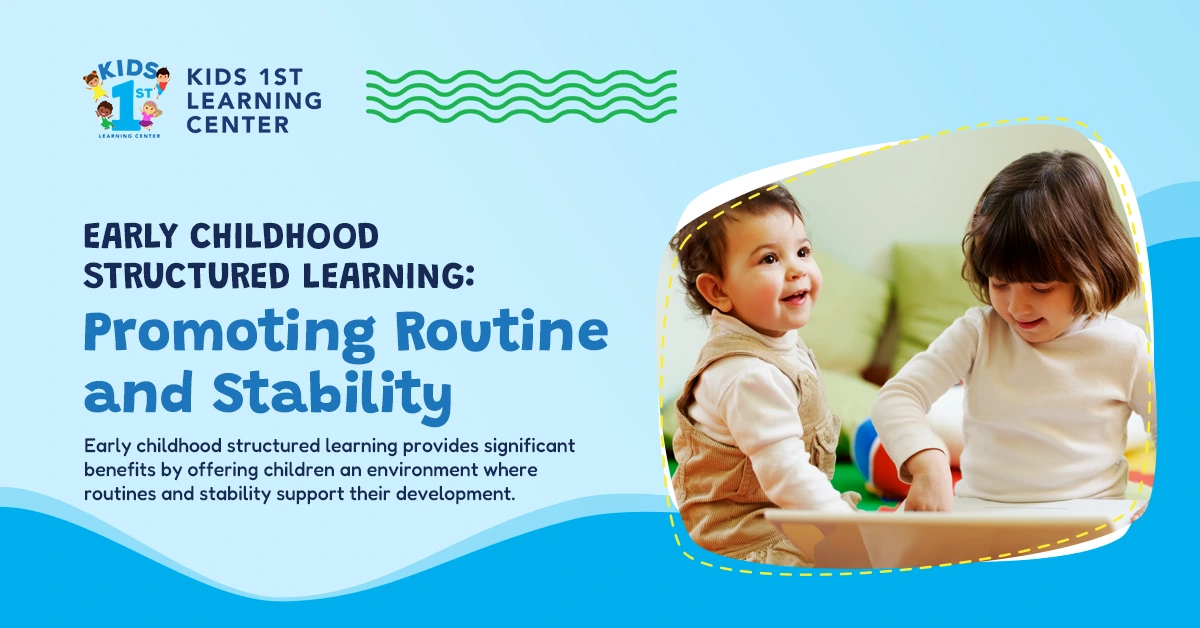
Early childhood structured learning provides significant benefits by offering children an environment where routines and stability support their development. Consistency in daily activities fosters a secure atmosphere, helping children gain confidence and establish foundational skills necessary for lifelong learning.
The Role of Daily Schedules in Fostering Security
Daily schedules are central to structured learning, providing predictability and contributing to a child’s sense of security. Children thrive when they know what to expect, reducing anxiety and promoting positive behavior. Benefits of consistent routines include:
- Helping children transition smoothly between activities without stress
- Establishing trust in caregivers and the learning environment
- Reinforcing the concepts of time, sequence, and organization
- Supporting emotional regulation through clear expectations
- Creating a sense of control and comfort in familiar surroundings
Encouraging Independence and Self-Regulation
Structured learning environments help children develop independence and self-control. As children participate in planned activities, they learn to manage themselves and make choices within established boundaries. Advantages of promoting independence include:
- Encouraging decision-making through age-appropriate choices
- Teaching responsibility for personal belongings and classroom tasks
- Developing patience and the competence to wait for turns or instructions
- Building confidence through completing simple self-care routines
- Supporting problem-solving by guiding children to find solutions independently
Preparation for Future Educational Settings
Structured learning experiences equip children with skills essential for transitioning into formal schooling. Exposure to routines, group activities, and educational concepts lays a foundation for academic success and positive social interactions. Preparation benefits include:
- Familiarity with classroom expectations and cooperative learning
- Comfort participating in group discussions and structured lessons
- Readiness to follow instructions from multiple educators
- Ability to adapt to different learning activities and environments
- Enhanced confidence in navigating new social and academic challenges
Structured learning in early childhood promotes routine and stability, fostering an environment where children feel secure and capable. Through consistent schedules, encouragement of independence, and preparation for future educational experiences, structured learning supports comprehensive growth during the critical early years of development.
Structured Daycare Benefits for Family Support
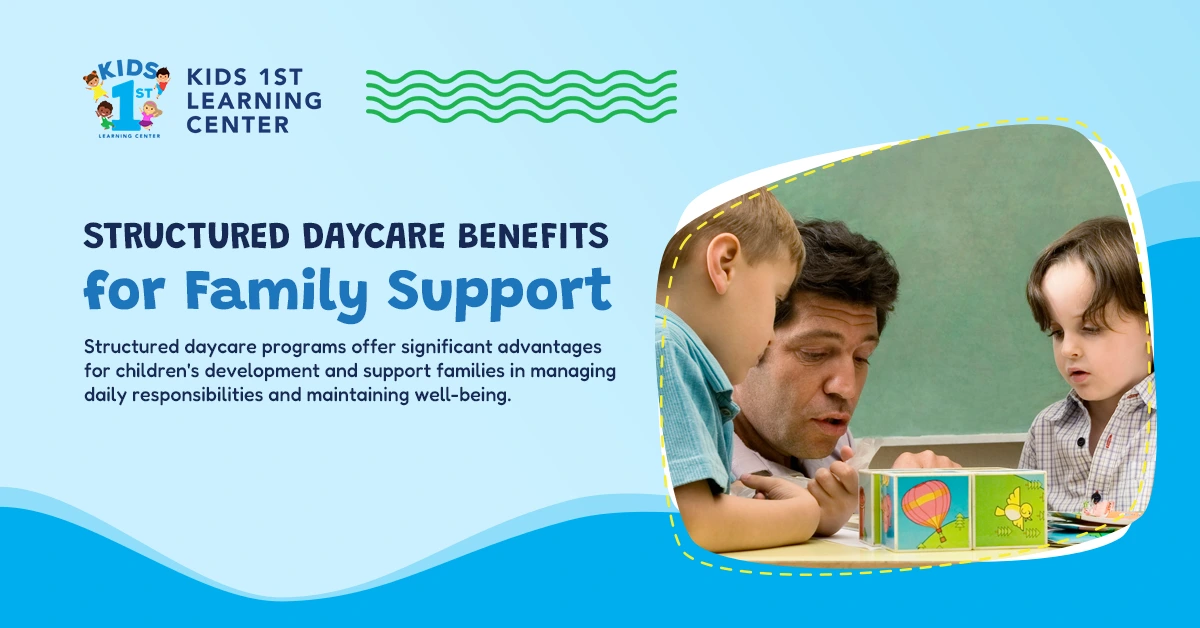
Structured daycare programs offer significant advantages for children’s development and support families in managing daily responsibilities and maintaining well-being. These programs provide a reliable, organized environment that fosters confidence and collaboration between parents and early childhood professionals.
Peace of Mind for Working Parents
One of the most critical benefits of structured daycare is the reassurance it provides to working families. Parents can focus on professional obligations knowing their children are in a safe, nurturing setting that promotes learning and growth. Structured daycare offers:
- Consistent routines that align with family schedules
- Professional supervision ensures children’s safety and well-being
- Environments designed to engage children constructively throughout the day
- Reduced stress for parents balancing work and family responsibilities
- Trust in qualified caregivers trained in early childhood development
Opportunities for Parental Involvement and Feedback
Structured daycare programs encourage active parental engagement, fostering a partnership between families and educators. Open communication and collaboration help align care strategies and address individual developmental needs. Parents benefit from:
- Regular updates on their child’s progress and daily activities
- Opportunities to participate in classroom events and activities
- Access to parent-teacher conferences to discuss growth and concerns
- Availability of resources and guidance for at-home support
- Transparent communication that builds mutual trust and respect
Professional Guidance for Developmental Milestones
Structured daycare programs employ trained educators who monitor developmental progress and provide support tailored to each child’s needs. This professional oversight assists parents in understanding and navigating critical stages of early childhood. Families receive:
- Early identification of developmental strengths and areas needing support
- Strategies for reinforcing learning and behavior guidance at home
- Expert advice on nutrition, health, and wellness for young children
- Individualized care plans to address specific developmental goals
- Resources to support transitions into preschool and other educational settings
Structured daycare programs contribute significantly to family support by providing stability, fostering collaboration, and offering professional guidance. These benefits empower parents to manage their responsibilities effectively while ensuring their children receive high-quality care and early learning experiences essential for lifelong success.
Choosing the Right Structured Program for Your Child
Selecting a structured program for a child is a significant decision that impacts their early development and future educational experiences. A well-chosen program provides an environment that supports learning, nurtures social skills, and aligns with family values. Parents should carefully evaluate several key factors to ensure the program meets their child’s needs.
Factors to Evaluate in Program Selection
Several critical factors should guide parents when assessing structured programs for their child. A thorough evaluation helps ensure the chosen program offers high-quality care and learning experiences. Parents should consider:
- Accreditation and licensing status, ensuring the program meets regulatory standards
- Safety protocols and emergency procedures to protect children’s well-being
- Classroom size and child-to-teacher ratios that support individualized attention
- Curriculum design focused on age-appropriate learning and skill development
- Cleanliness, organization, and suitability of the learning environment
Importance of Qualified Staff and Tailored Curriculum
Educators play a vital role in delivering effective, structured programs. Qualified staff with expertise in childhood education contribute significantly to children’s growth and confidence. Parents should look for programs offering:
- Teachers with appropriate credentials and training in child development
- Ongoing development to stay updated with educational best practices
- A curriculum tailored to developmental stages and individual learning styles
- Activities that promote cognitive, social, emotional, and physical development
- A nurturing atmosphere where children feel respected and supported
Aligning Program Philosophy with Family Values
A structured program should reflect values and principles essential to the family, ensuring consistency between home and educational settings. Parents benefit from selecting programs that align with their expectations regarding care, discipline, and learning approaches. Important considerations include:
- Educational philosophies such as play-based, Montessori, or academic-focused models
- Communication practices that foster collaboration between parents and educators
- Cultural sensitivity and inclusivity within the program’s environment and curriculum
- Policies on discipline and behavior guidance that align with family beliefs
- Support for transitions and ongoing guidance as children advance to new stages
Choosing the right structured program requires careful research and thoughtful consideration. Parents can confidently select a program that fosters their child’s development and well-being by evaluating critical factors, confirming educator qualifications, and ensuring alignment with family values.
Conclusion
Structured toddler programs substantially benefit early childhood growth across cognitive, social, emotional, and physical domains. These programs provide children with a stable, engaging environment to explore, learn, and build essential skills for future success. For families, structured care delivers peace of mind, professional guidance, and meaningful collaboration with educators who support each child’s unique developmental journey. Choosing the right program ensures children receive the quality care and educational experiences they deserve, forming a strong foundation for lifelong well-being.
To discover how a structured program can support your child’s development, connect with Kids 1st Learning Center at https://kids1st.org/contact-kids-1st/ or call (818) 873-0133 for more information.

